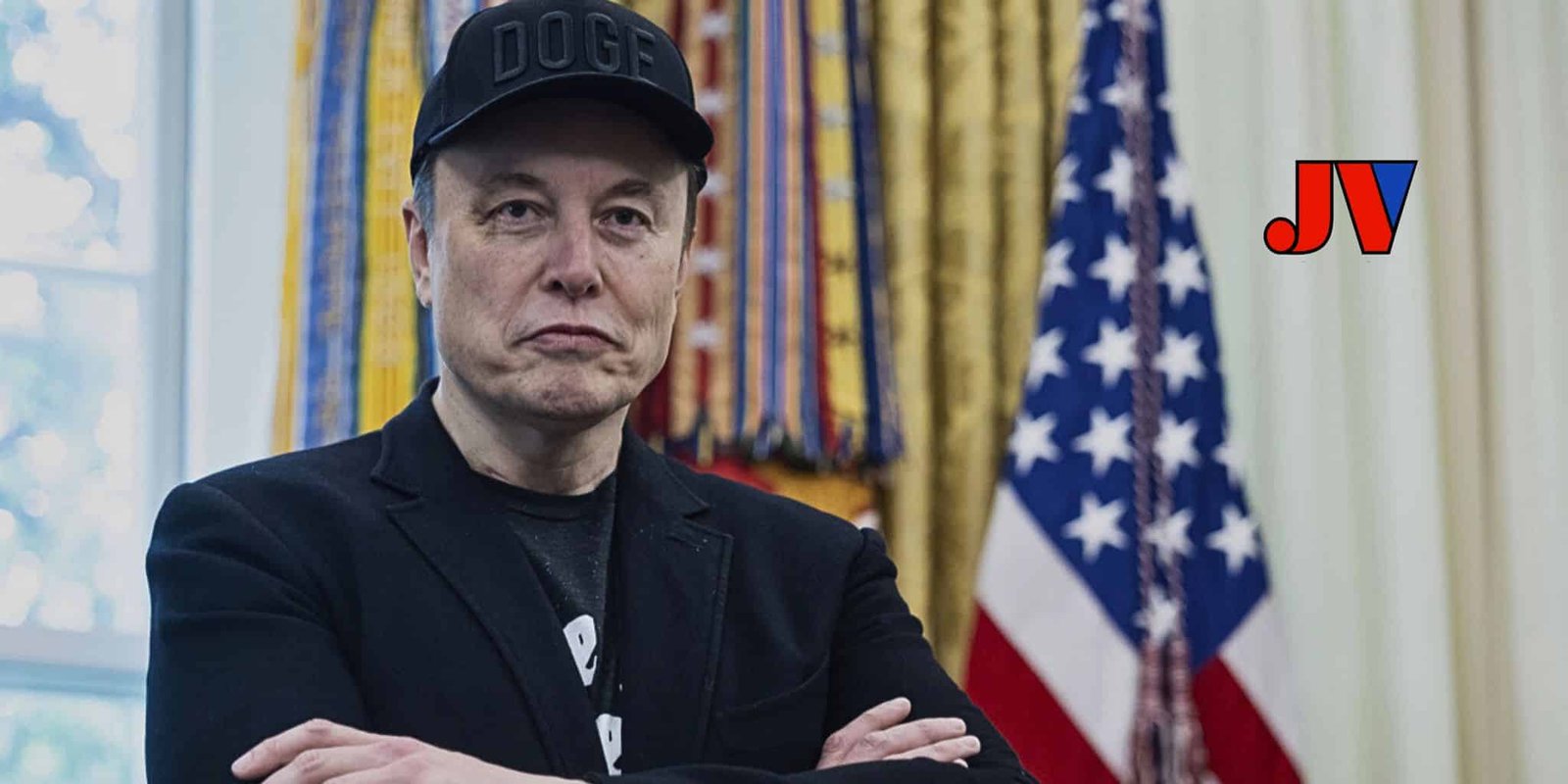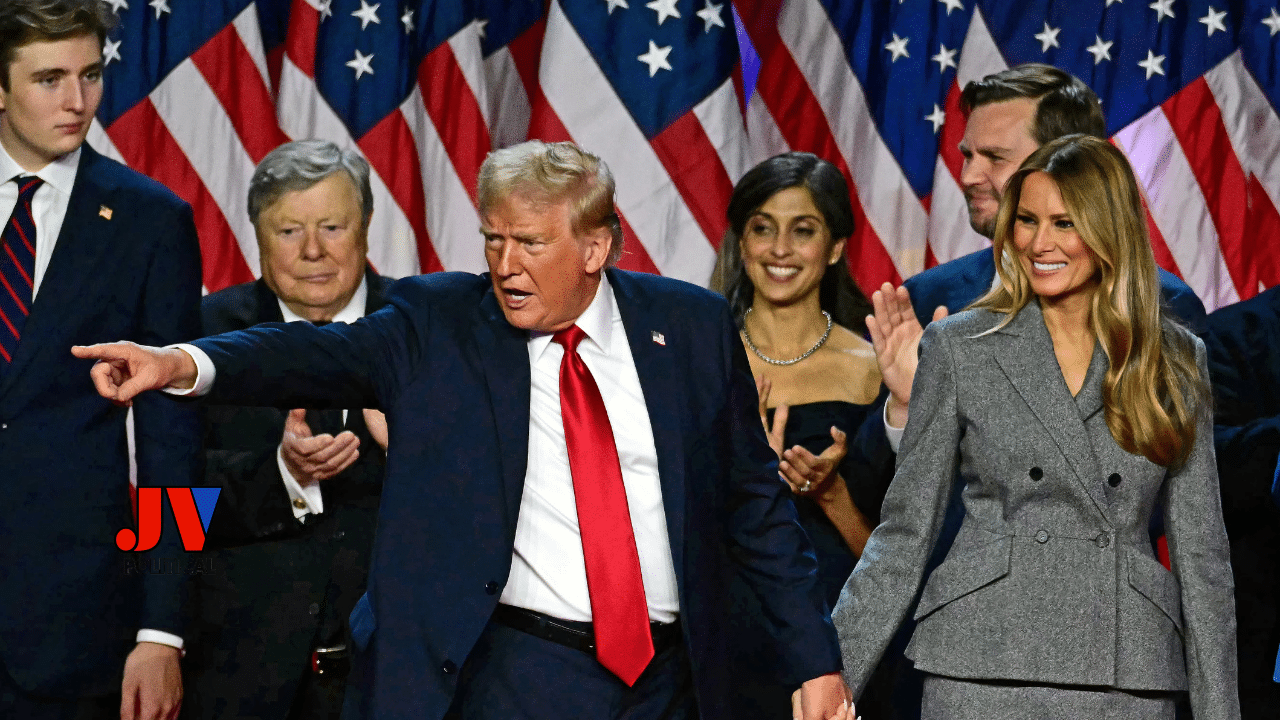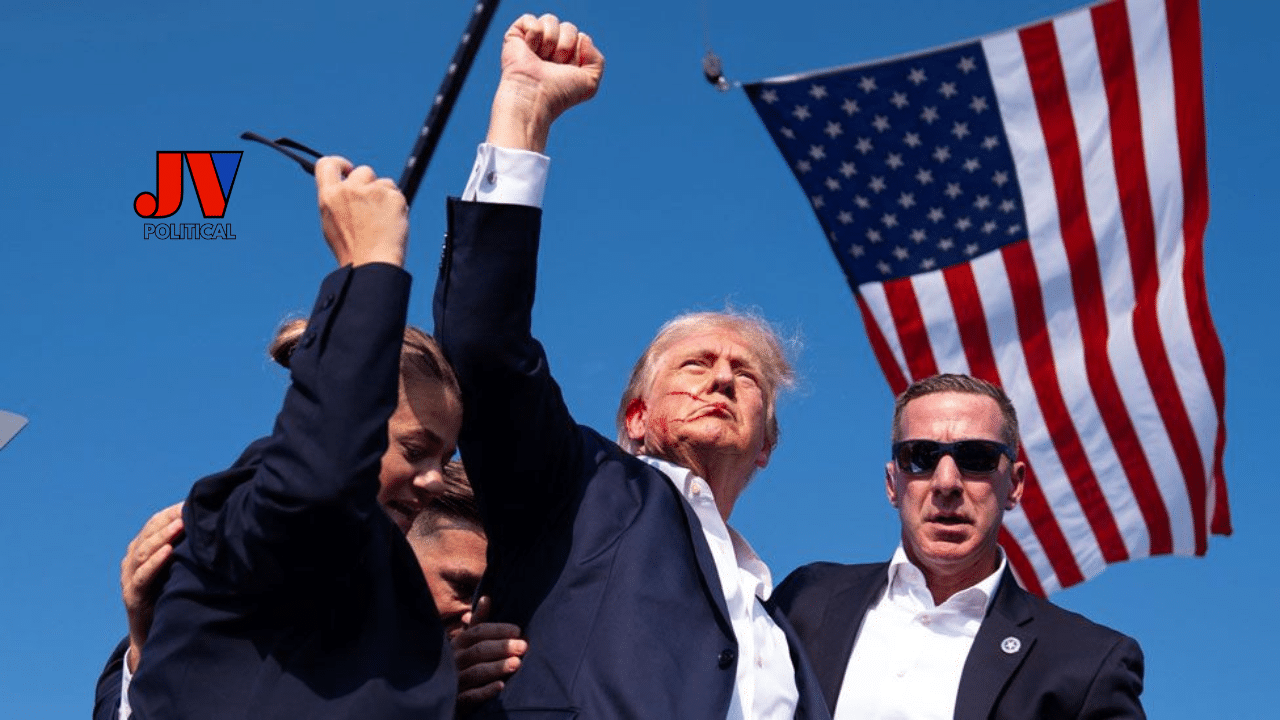Elon Musk’s Department of Government Efficiency: Uncovering Billions in Waste
Elon Musk’s Department of Government Efficiency aims to change how government works. It focuses on finding and cutting billions in waste. This waste affects the money taxpayers give to the government.
Musk wants to use new ideas to make government more efficient. He believes that by cutting waste, we can make better use of taxpayer money. This effort shows how private ideas can help the public sector work better.
As we look into this new department, we’ll see how it affects taxpayers. We’ll also see how it could make the government more streamlined.
Key Takeaways
- The focus of the initiative is on uncovering government waste.
- Elon Musk seeks to enhance government efficiency with innovative solutions.
- Taxpayer money can be better utilized through effective strategies.
- Cutting government waste is essential for fiscal responsibility.
- Private sector approaches can significantly improve public efficiency.
Introduction to Government Efficiency Initiatives
The world of government spending is complex and often under scrutiny. People worry about how well their tax money is used. There’s a growing push for better use of public funds.
Understanding where government money goes is key. It sets the stage for talks on making spending more efficient. The goal is to cut waste and use resources wisely.
Context on Government Spending
Government spending is vital for public programs and services. It helps keep society running smoothly. Money goes to important areas like healthcare, education, and infrastructure.
Studies show that a lot of money is wasted. This is due to inefficiencies and red tape. It’s clear that making processes smoother is crucial.
The Role of Private Sector Solutions
Private companies can help make government work better. They bring new ideas and tech to the table. This can make public spending more efficient.
Working together, government and private firms can cut waste. This ensures tax money is used well. By learning from the private sector, government can budget and allocate resources more effectively.
Elon Musk’s Department of Government Efficiency: Uncovering Billions in Waste
Elon Musk’s Department of Government Efficiency was set up to change how government money is spent. It aims to reduce waste and make public spending more effective. This could lead to better use of resources and services for everyone.
Overview of the Department’s Goals
The main goals of Elon Musk’s Department of Government Efficiency are:
- Find and remove unnecessary steps in government work.
- Start systems that make spending clear and accountable.
- Encourage new ideas to keep improving government services.
Key Strategies Implemented
To reach its goals, the department has used several important strategies:
- Doing detailed checks on government programs to find where they can be better.
- Using technology to make things run smoother and improve data analysis.
- Talking to people to get ideas on how to cut waste.
These strategies help Elon Musk’s Department of Government Efficiency. It wants to cut waste and set a high standard for efficiency in the public sector.
The Impact of Government Waste on Taxpayer Money
Government waste means spending money on things that aren’t needed. It’s important to understand this to see how it affects our taxes. When the government spends money poorly, it puts a big burden on us. It takes money away from things that really help people.
Understanding Government Waste
Government waste includes things like too much spending on administration, doing the same thing twice, and bad buying practices. When this happens, it hurts the whole economy. Our taxes get stuck in a cycle of waste, making things worse.
This waste also makes people doubt the government’s ability to handle money well. It’s a big problem that needs fixing.
Statistics on Public Spending Inefficiencies
Studies show that about 25% of government spending is wasted. This is a huge issue that needs attention. Here’s a table showing where most of the waste happens:
| Category | Estimated Waste (% of Total Spending) | Annual Cost to Taxpayers ($ Billion) |
|---|---|---|
| Healthcare Programs | 22% | 150 |
| Defense Spending | 20% | 130 |
| Infrastructure Projects | 15% | 50 |
| Social Services | 30% | 80 |
These numbers show why we need to tackle government waste head-on. We should make sure our taxes go to good causes, not waste. By focusing on these issues, we can make the government more accountable and effective.
Analyzing Inefficiency in Government Programs
Government programs often face inefficiency, leading to a lot of financial waste. Understanding the common areas of waste helps make improvements. This ensures taxpayer money is used wisely.
Common Areas of Waste
Several factors cause inefficiency in government operations. Key areas include:
- Mismanaged contracts that inflate costs and reduce accountability.
- Redundant services that overlap and create duplication of effort.
- Under-utilized resources including personnel and technology that lead to wasteful spending.
- Excessive bureaucracy that delays decision-making and increases operational costs.
- Unclear performance metrics, making it difficult to assess program effectiveness.
How Waste Detection is Conducted
Detecting inefficiency requires a systematic approach. This includes:
- Conducting audits to evaluate financial flows and resource allocation.
- Implementing performance reviews to measure the effectiveness of various programs.
- Utilizing data analytics to identify areas of common areas of waste and cost overrun.
- Gathering stakeholder feedback to pinpoint operational inefficiencies.
- Establishing benchmarks against industry standards to highlight performance gaps.
By focusing on these steps, government entities can understand inefficiencies. They can then take action to improve, leading to better fiscal responsibility.
Cost-Saving Initiatives Introduced by Elon Musk
Elon Musk’s team has made big steps in saving money in government. They use new ways and tech to make sure tax money is spent well. This helps get more value in different areas.
Innovative Approaches to Budget Optimization
The team is changing old ways to find new ways to save money. They use data analytics to find and cut waste. Machine learning helps predict what they’ll need, so they don’t spend too much.
They also work with private companies to solve money problems. These partnerships help make things run smoother and spend money where it’s needed most.
Case Studies of Successful Initiatives
Some examples show how these efforts are making a big difference. One example is a system that lets departments buy things together. This saved a lot of money because they got better deals.
Another example is switching to digital records. This saved money on storage and made things easier to find. People said they could work together better and make decisions faster.
| Initiative | Type | Impact |
|---|---|---|
| Centralized Procurement | Cost-Saving | Reduced costs by 20% across departments |
| Digital Record-Keeping | Efficiency Improvement | 30% decrease in document retrieval time |
| Data Analytics for Budgeting | Forecast Accuracy | Improved budget forecasts by 25% |
These examples show how smart planning can save a lot of money. They show the government’s commitment to being careful with money. This is good for everyone.
Public Response to Government Efficiency Efforts
The public’s view on Elon Musk’s role in making government more efficient is mixed. As a well-known tech leader, Musk’s influence shapes how people see his budget plans. Different groups have their own thoughts on his approach and goals.
Perceptions of Elon Musk’s Involvement
People’s first thoughts on Musk’s government role often come from his success in tech. Fans praise his creativity and achievements. But, critics worry about putting too much faith in one person’s ideas for public work.
This mix of opinions shows how society feels about using private sector ideas in government.
Community Engagement and Public Feedback
Getting the community involved is key to understanding public views on government efficiency. Through town halls and online polls, people can share their thoughts. Opinions range from strong support to doubts.
Open discussions help keep things clear and make people feel they have a say. This way, Musk’s plans can better meet community needs and goals.
Future Prospects for Government Efficiency
The world of government efficiency is changing fast. New technology and public expectations are driving these changes. Improving government work is a big goal, with many areas needing better solutions.
Potential Areas for Improvement
Government agencies can make things better by focusing on key areas. Updating old infrastructure is a big chance to save money and work better. Using digital tools can also help departments talk better and serve citizens better.
Creating a culture of responsibility among employees is also important. This can lead to smarter spending.
Long-Term Goals for Cost Reduction
Using technology wisely is key to a better future for government. Data analytics can help find and fix waste. Working with private companies can bring new ideas to solve public problems.
Keeping up with improvement efforts will lead to big savings. This will help the government work better and save money in the long run.
Conclusion
Elon Musk’s Department of Government Efficiency shows us how important it is to cut down on government waste. They work hard to find ways to use public money better. Their goal is to make sure every dollar counts.
Wasteful spending is a big problem that needs our attention. It’s up to us and our leaders to make sure our money is used wisely. By staying informed, we can push for better use of public funds.
Elon Musk’s team is leading the way in making government more efficient. They’re dedicated to reducing waste and spending wisely. It’s crucial for us to support their efforts to make sure our government works well for everyone.
FAQ
What is Elon Musk’s Department of Government Efficiency?
Elon Musk’s Department of Government Efficiency aims to cut down on government waste. It wants to save taxpayer money by finding new ways to spend less.
How does government waste impact taxpayer money?
Government waste means spending too much money. This takes away from funds for important services and programs. It hurts the community.
What are some common areas of inefficiency in government programs?
Inefficiencies include bad contracts, too many services, unused resources, and poor spending tracking. These issues lead to a lot of waste.
How is waste detection conducted within government agencies?
Agencies use detailed spending analysis, audits, and clear reports to find waste. This helps spot unnecessary spending.
What innovative approaches are being implemented for budget optimization?
The department uses data and technology to make better decisions. It also works with the private sector to make things more efficient.
What has been the public response to Musk’s initiatives for government efficiency?
People have mixed feelings. Some support Musk’s efforts to reduce waste and improve services. Others doubt his involvement in government.
What are the potential long-term goals for government efficiency?
The goals include less wasteful spending, better service delivery, and a more accountable government. The aim is to make government more transparent and efficient.

















